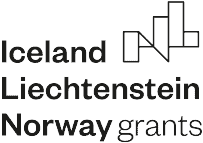Álvaro Seiça is a Portuguese writer and researcher based in Norway. He dreams of being a full-time poet, but perhaps because he isn’t, he writes. Among other works, he has published Supressão (2019), Upoesia (2019), Previsão para 365 poemas (2018), Ensinando o espaço (2017), Ö (2014), Permafrost (2012), and most recently Onda Desobediente (2024), which is the result of the project he worked on during his writer residency in Košice. His current research interests include book censorship in 20th-century Europe, with a focus on the Portuguese dictatorship.
During his stay in Slovakia, Álvaro Seiça worked on the aforementioned collection of Portuguese poetry entitled Onda Desobediente (eng. Disobedient Wave). The poetry book deals with memory and affect, language, politics, and the overall effects of globalization and multinational capitalism on climate, jobs, and knowledge transmission, with a focus on its impact in Southern Portugal, where local traditions, language, jobs, and people’s everyday is put under pressure by mass tourism.
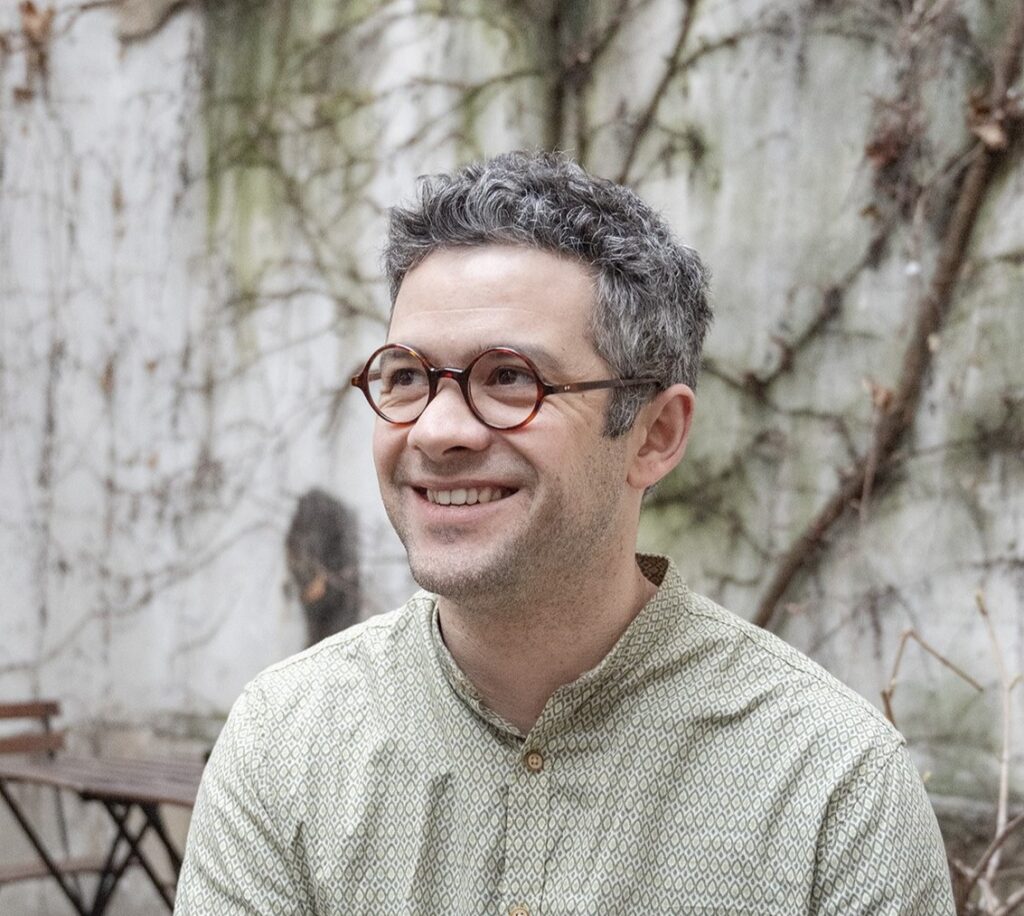
Looking back at the residency
“In Košice, I was looking forward to exchanging work and experiences with Slovak and foreign writers and artists,” says the poet, who attended his first writer residency in Košice in 2022. “The city has a peculiar history that is reflected in layers of language and culture, as well as a very intense cultural life network of old factories, galleries, bars, bookshops, and cinemas. I wanted to engage with its context in a more meaningful way, but since I was so focused on finishing revising a backlog of recent work, I ended up writing one new poem called Nem Fado nem Fronteira about travelling from Bratislava to Košice. This poem is central not only to my new collection, Onda Desobediente, but also to a new poetry anthology I finished while at the residency. So I hope I can come back to Košice to fully immerse myself and directly write about topics concerning the region.”
“My residency goals were unrealistic, but in the end, it worked out.”
The period Álvaro Seiça spent in Košice was exceptionally productive. He finished two books and one translation work: “I was working first and foremost on the revision of my new poetry book: Onda desobediente. But I also finished the revision of two other books: a poetry anthology (2003-2023), as I was celebrating and selecting poems from the past 20 years, called Nem fado nem fronteira; and the translation into Portuguese of a book by Spanish poet Abraham Guerrero Tenorio, entitled Toda a violência.”
Álvaro Seiça thinks that the residency impacted his work at the level of compression and time pressure: “I knew I did not have much time, and I had imposed some hard deadlines on myself to achieve what I had in mind. I had three weeks and I thought: I will finish revising three books, one each week. It was perhaps unrealistic from the beginning, but it turned out that it worked in the end. So, perhaps that sense of extreme pressure and lack of time helped me revise the poems in a minimalistic way: to cut out unnecessary words and to stick to the essential.”

Disobedient Wave
The recently published book Onda Desobediente brings together lyrical and political poems with different themes and forms, but under a common notion of individual and collective disobedience. Writing is an act of disobedience — a reinvention of language, body, social space, but also freedom and political protest.
Onda desobediente addresses the need for affirmation, salt and saliva, family relationships and parenting, fluidity, uprooting and nomadism, searching for the sea and home, solar privilege, the immigrant condition, literature, the exile of language and the place of language in exile, social inequalities, racism, labor precariousness, and unemployment. It also rewrites the impact of globalization and mass tourism on local knowledge, professions and languages, especially in the Southern Eastern part of Portugal, and the local resistance in face of the voraciousness of multinational and technological capitalism. You will also find poems on the comic everyday, the discouragement of the current state of social welfare, violence and, finally, the ongoing ecological disaster on the planet.
“And then there is the sea, the sea, always the sea,” the author points out. “Not the representation of the sea. And not just any sea. The Atlantic.”
Onda Desobediente was published in April 2024 with Lisbon-based independent publisher Não (edições). The book launch took place on April 26 at Casa do Comum in Bairro Alto, Lisbon.
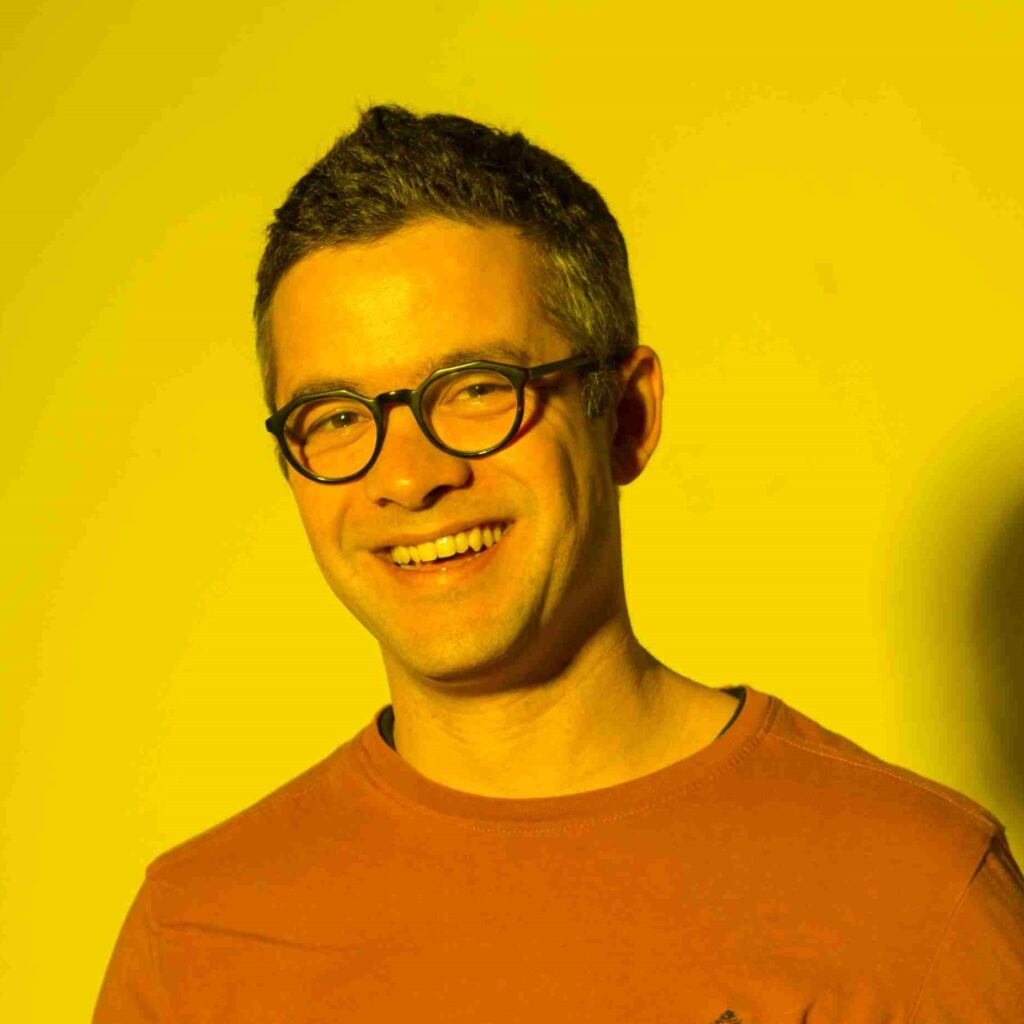
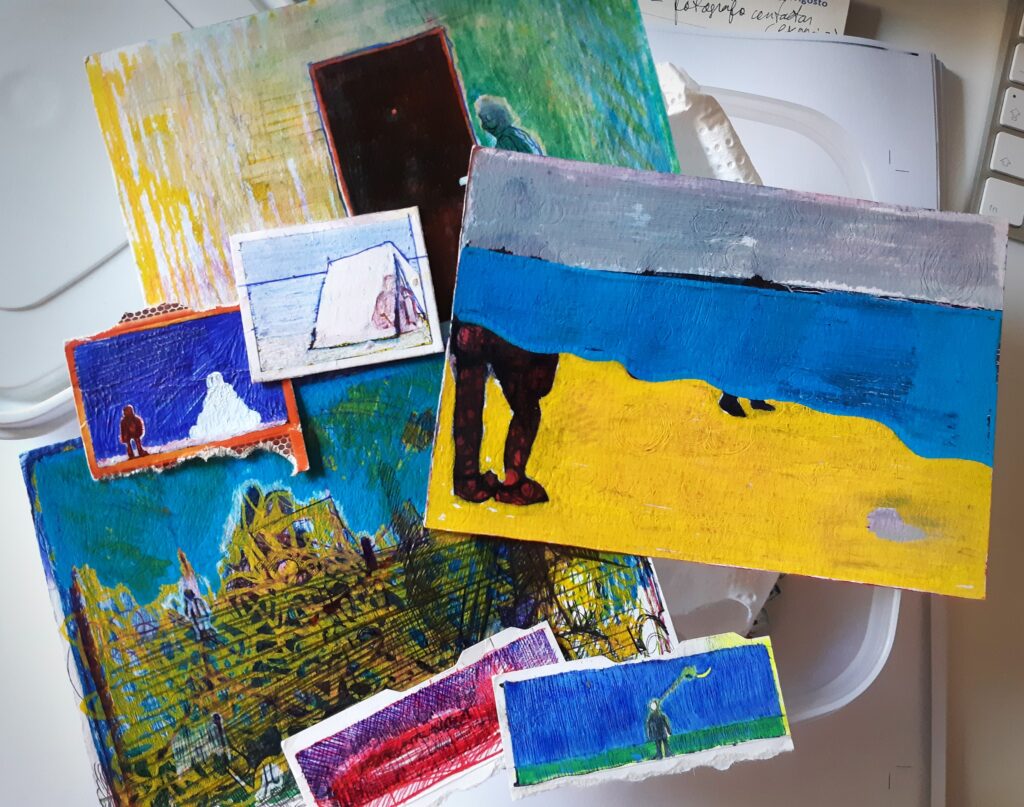
Exhibition and Slovak translations
Álvaro Seiça’s approach to poetry combines traditional and experimental techniques across different media, formats, and forms. In May 2023, the author presented his residency project as part of the solo exhibition “Poetry Across Media and Forms” at the UiB Humanities Library (May 3-July 21, 2023), Bergen, Norway. The exhibition showcased a selection of creative and critical works by Álvaro Seiça during the past 10 years. The exhibition was organized by Aud Gjersdal, the UiB Digital Culture reference librarian, with the collaboration of Ronny Nordvik, UiB IT engineer.
During the 𝑬𝒑𝒐𝒏𝒚𝒎 )) showcase of literary works from the 𝑬𝒑𝒊𝒄 𝑹𝒆𝒔𝒊𝒅𝒆𝒏𝒄𝒊𝒆𝒔 project which took place on the 22nd March 2024 in Bratislava, Álvaro Seiça discussed his work and residency results with Icelandic writer Kristín Ómarsdóttir and Slovak writer Michal Tallo. Álvaro Seiça presented poems from the new book Onda Desobediente in Slovak translation by Lenka Cinková. Among other poems, Álvaro Seiça performed the poem Nem fado nem fronteira which he wrote after spending a weekend in Bratislava and while travelling back by train from Bratislava to Košice. The Slovak version Ani fado, ani hranice in translation by Lenka Cinková was performed by Michal Tallo. The entire discussion and reading was recorded and is available to watch below.
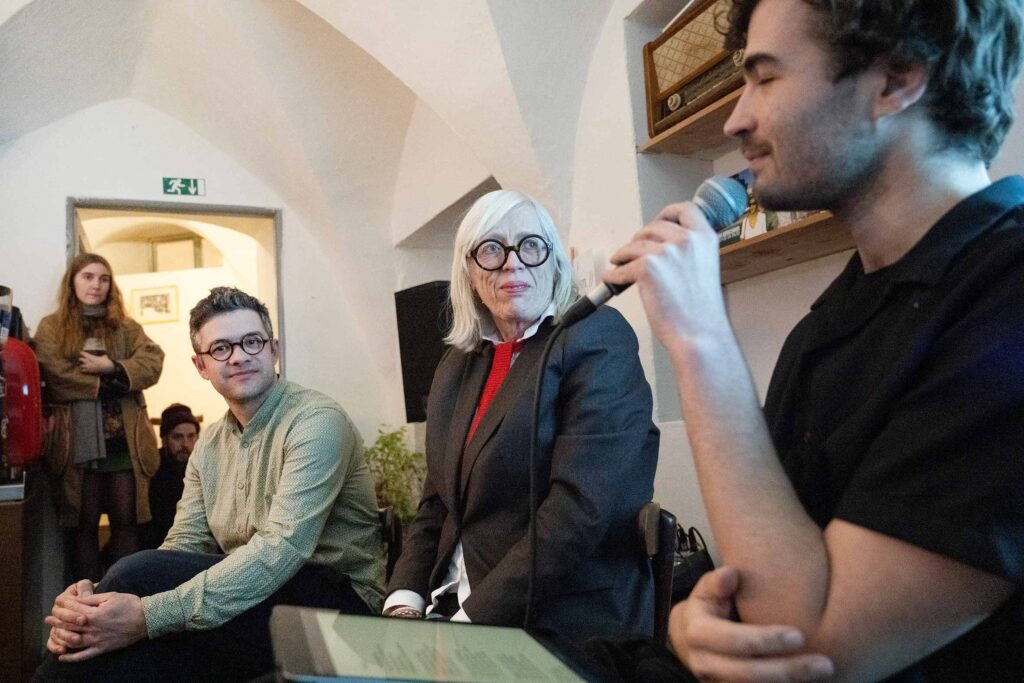
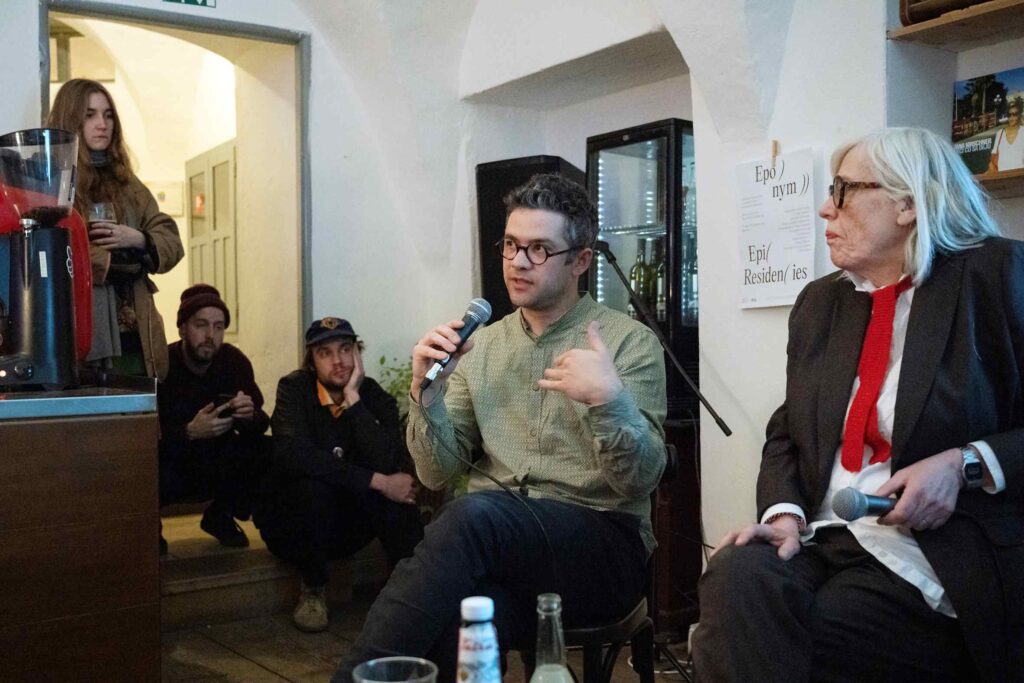
Homes that we move
Homes that we move is part of a poem title included in Onda Desobediente. The poem deals with the concept of home, which can be movable and can transcend places and natural elements. Álvaro Seiça recollects his feelings of home during the residency in Košice in the following words:
“I can say that I am very touched by small gestures of care, and love. One event I always recall is my arrival in Košice. It was a dark and rainy evening, and the host, Juliana Sokolová, knew I was arriving late after having missed a train in Žilina, on my way from Prague. She made wonders. First, I was cheered by Lukáš Berberich on his bicycle, and after he showed me around the apartment, there it was, a lovely Slovak meal prepared by Julia, Juliana’s mother, on top of the kitchen table, still warm and protected by silver foil. The food really brought to my taste and memory the scent of Portuguese food. I immediately felt at home. Then, on that night, Lukáš invited me for a crash course about Košice. Other times, Juliana invited me for chats on poetry, or a theatre play. That kind of proximity was highly important to me. But that was not all. Another time, as I came back home, I found a traditional cabbage meal waiting for me on the windowsill.”
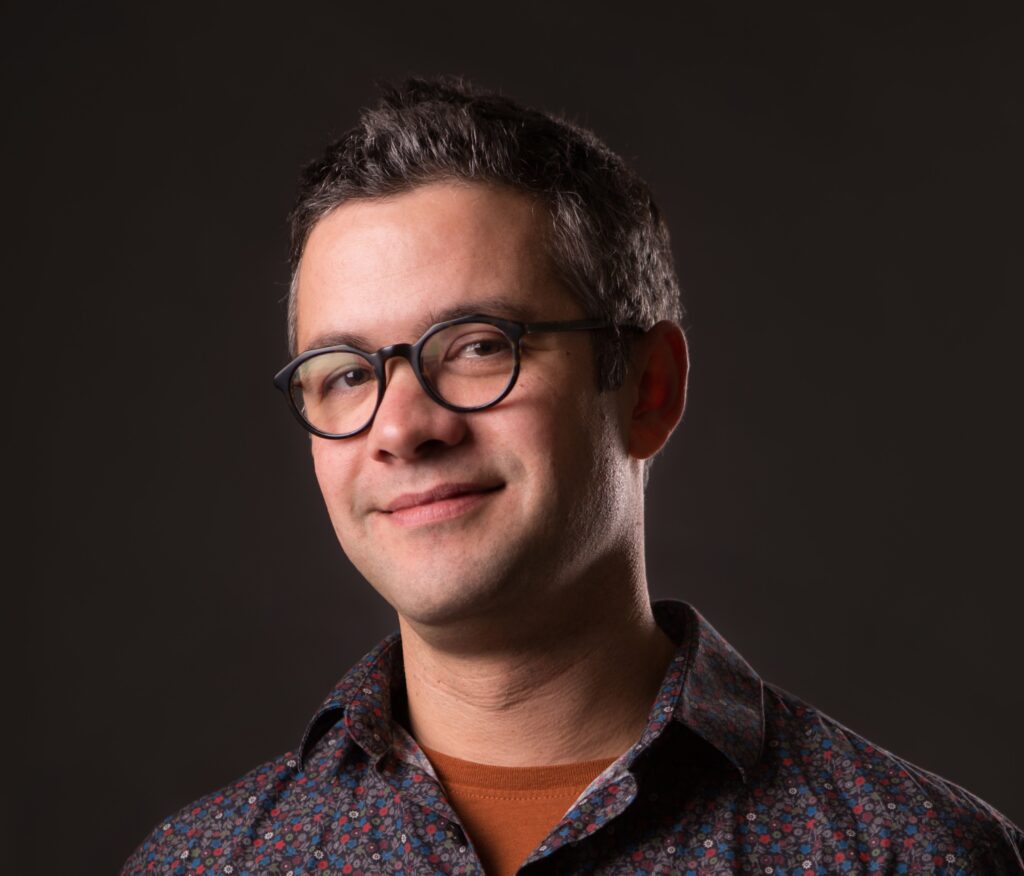
“I think the Epic residency is a wonderful and very impactful initiative,” concludes the writer. “It is rewarding at both the individual level, in terms of fostering the immersion of a writer into their own work, but also at the social and collective level, through interaction with other authors, the Slovak language and culture, and local and regional institutions. Thus, I do hope that public institutions can support it further so that it can have more iterations.”
Book orders via nao.edicoes@gmail.com
Photos from Rómerov dom, Bratislava: Nataša Bošková
Studio portraits: Tatiana Takačová
The event was supported by LITA, Society of Authors.
The Epic Residencies project received a grant from Iceland, Liechtenstein and Norway through the EEA Grants.
Website: https://alvaroseica.net





